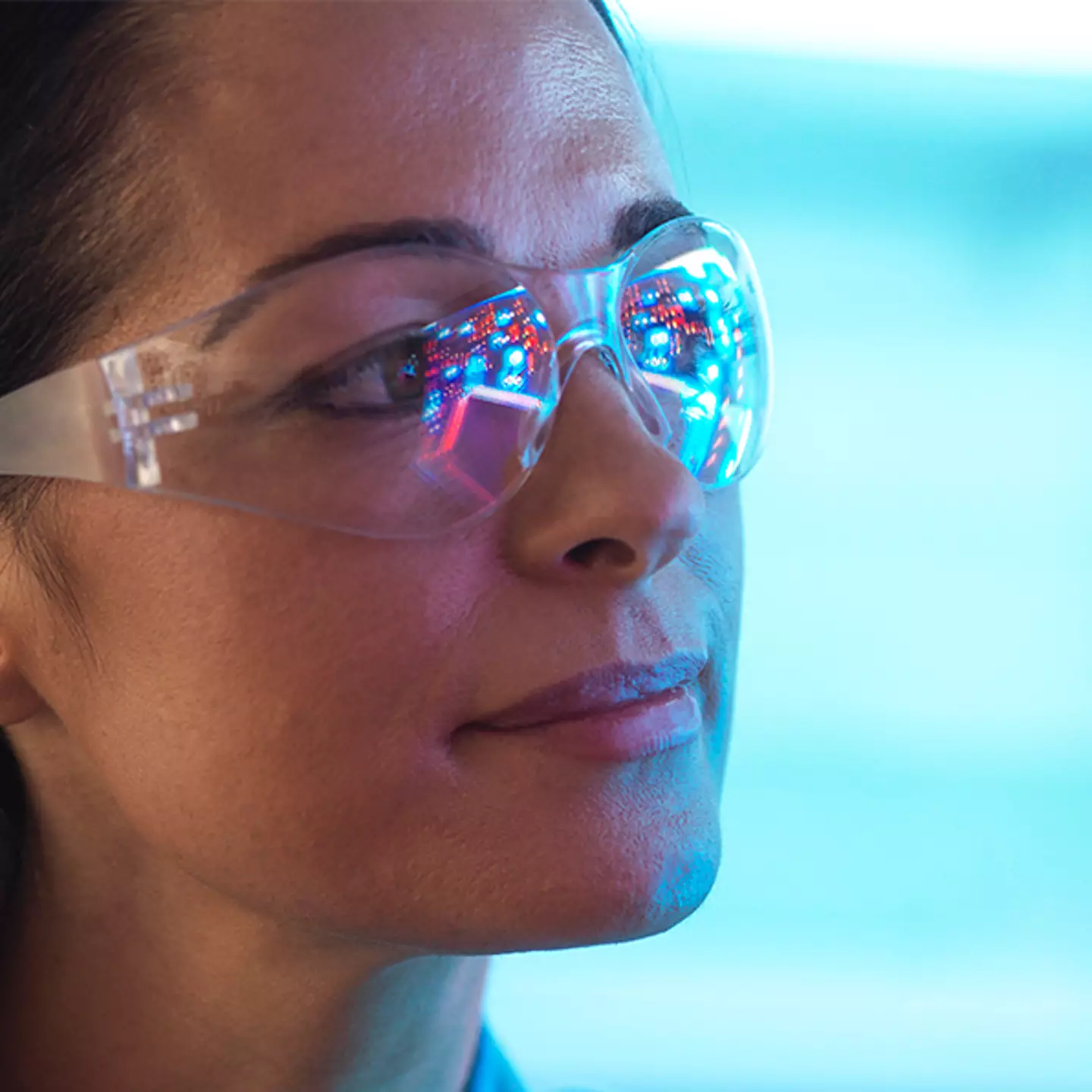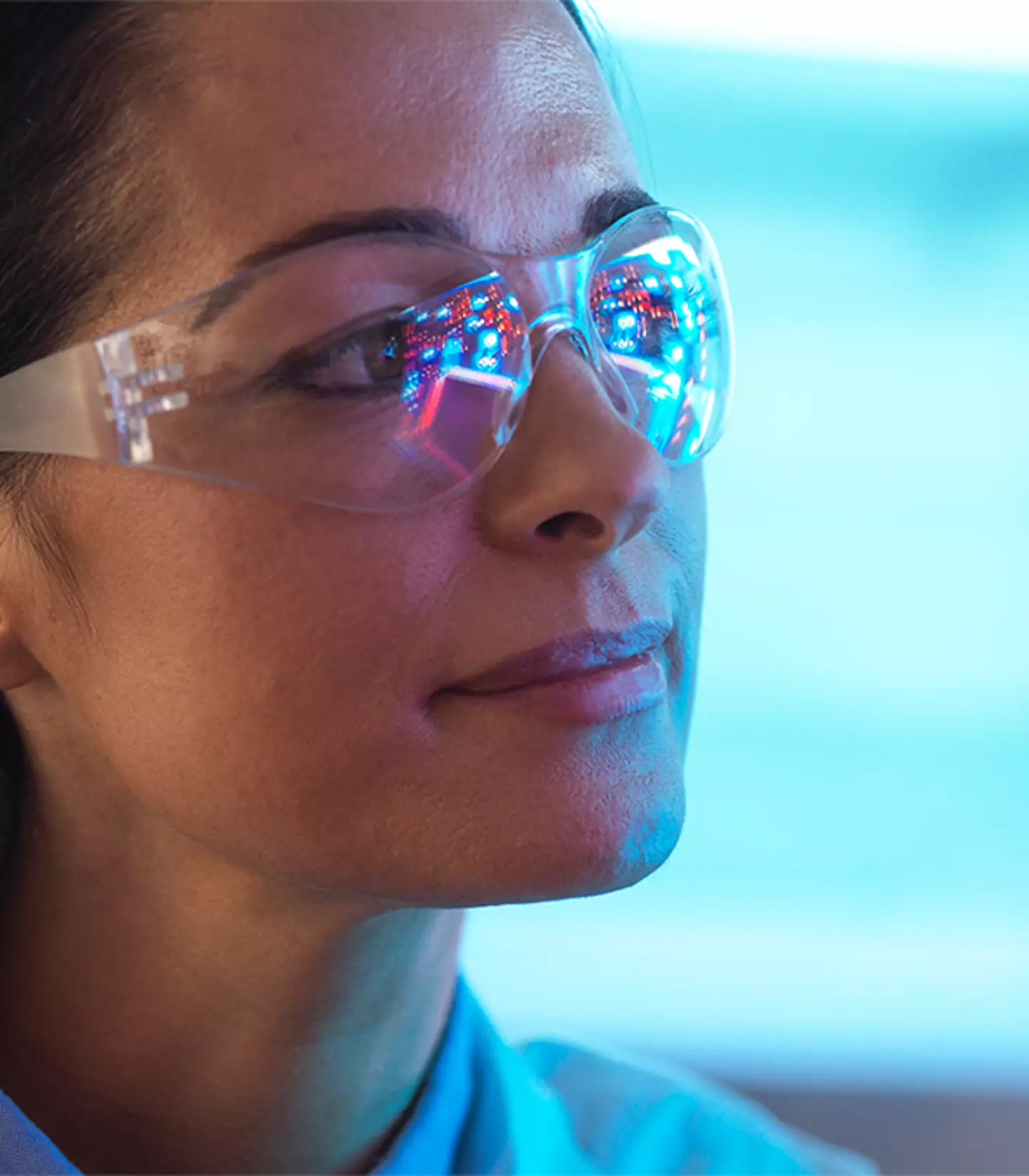
Artificial intelligence (AI) could be changing the accuracy and standards of medical care in the future.
Researchers trained three versions of an AI tool called Foresight to analyse data from 811,000 patients. The data came from two NHS trusts in London and a publicly available dataset in the US.
Although Foresight belongs to the same family of AI models as ChatGPT, Foresight is trained specifically on electronic health records (EHRs) rather than medically unverified sources.
Developed by researchers from King's College London (KCL), University College London (UCL), King's College Hospital NHS Foundation Trust and Guy's and St Thomas' NHS Foundation Trust, it's hoped that the technology could be used in patient monitoring and diagnosis decision-making.
Advert

The AI tool was put to the test, predicting 10 possible patient disorders based on their records. Impressively, it accurately predicted conditions 88% of the time when using US data, and 68% and 76% of the time with datasets from NHS hospitals.
'Our study shows that Foresight can achieve high levels of precision in predicting health trajectories of patients, demonstrating it could be a valuable tool to aid decision-making and inform clinical research,' said Zeljko Kraljevic, Foresight developer, first author on the journal paper, and research fellow at King’s College London Institute of Psychiatry, Psychology & Neuroscience.
To verify the AI's predictions further, Foresight’s accuracy was also assessed by clinicians.
When all five clinicians agreed on a predicted medical event, based on 34 mock patient timelines with simulated scenarios, Foresight's predictions were deemed 93% relevant from a clinical perspective.

Studies like this show the potential behind AI models like Foresight to improve healthcare systems by supporting clinical decision-making, facilitating future clinical trials.
However, Kraljevic cautioned that Foresight's purpose is not to 'enable patients to self-diagnose or predict their future' but as an 'aid by clinicians' to ensure no diagnosis goes amiss.
Professor Andrew Morris, director of HDR UK, broadly expanded on the 'immense potential of AI' in scientific discovery such as supporting the 'prevention, diagnosis and treatment of disease, and improve care pathway management and education.'
Morris continued: 'This work demonstrates the potential that using electronic health records and the latest advancements in AI could deliver for improving clinical decision making. But this is all dependent on the quality and representativeness of data.'